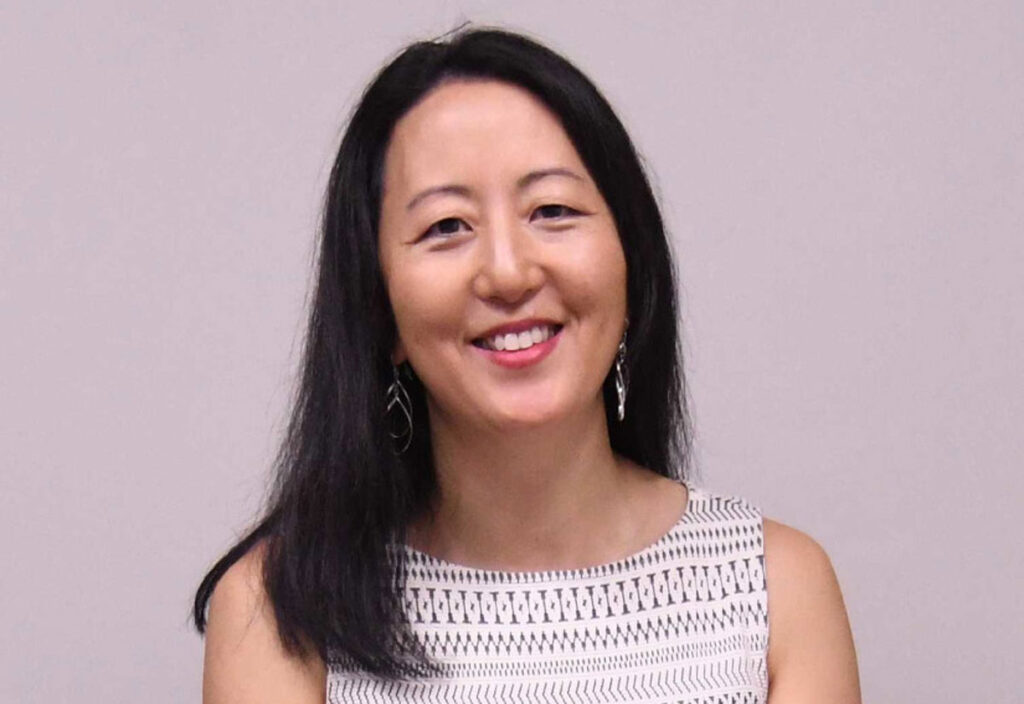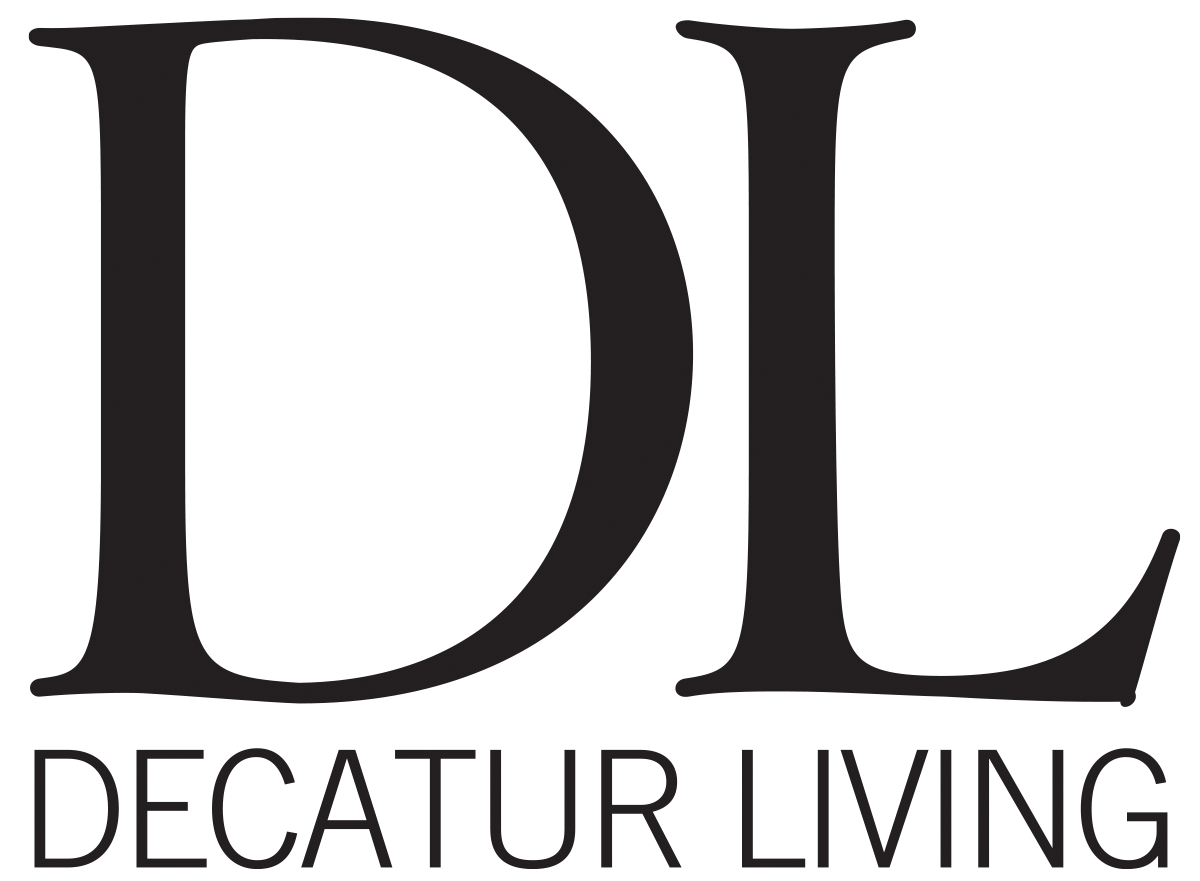How Gloria Kolb is changing the world one innovation at a time

Gloria Kolb used to be an analyst. She reviewed and researched. She searched for anomalies and dangers. While her intellect and skill set was uncanny, she admittedly was pretty bored. Realizing there are so many ways to improve the world, she switched course and became an inventor. Why? Because it was fun creating something new.
As an engineer, continually pouring her creativity into developing new products, you don’t know what you have, until you see it. And when you do, once you get past the technical and regulatory hurdles, it can be life changing.
For Kolb, as an inventor with 30 patents, her efforts have been recommended with accolades like “Best New Product of 2019” by My Face My Body awards, “Slingshot 2020” and a top 10 finalist in Google’s “Women Startup Challenge.” An advocate for women’s health, she and her husband started Elidah, maker of Elitone. Today, as co-founder and CEO, ELITONE®, the FDA-cleared, non-invasive wearable treatment has been a breakthrough for women with urinary incontinence.
Once featured in Forbes as a “Top Scientist Driving Innovation” in Women’s Health, Kolb’s creative designs and problem-solving abilities continue to raise her profile. With Mechanical Engineering degrees from MIT and Stanford and an Entrepreneurship MBA from Babson College, her expertise extends to consulting, where she evaluates technology and clinical markets for various inventions and startups.
Here are her thoughts on pushing the boundaries of success:
In what ways do you believe women entrepreneurs contribute uniquely to their industries and communities? Just the fact that they are representing women in senior leadership positions is a unique contribution to their industry and communities because it exemplifies just how much women can do. It sets the tone that women can achieve anything they set their minds to.
Specifically, industries that cater to women, such as women’s health that we are in, have real-world perspectives from women entrepreneurs. I can’t tell you how many men would say “well, why can’t XY or Z?” and we would answer “Because women do not want that!”
What do you see as the unique strengths and contributions they bring to the business world today? Women entrepreneurs are creative and confident. With many being mothers, they can handle wearing multiple hats and naturally multitask. Entrepreneurs need to wear almost all the different hats of running a business, especially at the beginning.
In general, women have great time management and can compartmentalize their goals, seeing the bigger picture and taking one step at a time to achieve their overall initiative.
Have you noticed any shifts or advancements in the representation and recognition of women entrepreneurs in recent years? If so, what do you attribute these changes to? Yes, I think there has been an increase in women entrepreneurs. I have especially seen it in my field (health-tech) as more women are stepping up with creativity and resiliency.
After COVID, a lot of people stepped away from the corporate world and declared that they want to live life on their own terms.
What I love is that as a woman business owner, you can leave at 3 p.m., chauffeur the kids, watch the games and cook dinner, and then get back to work at 9 p.m. We are on our own terms. What hasn’t changed, unfortunately, is the fact that female entrepreneurs still see only about 2% of the venture capital funding (about the same as 15 years ago.)
What advice would you offer to aspiring women entrepreneurs who are just starting their journey? What about those who are established? For aspiring women entrepreneurs who are just beginning their journey, my advice would be to celebrate every small victory along the way. Set achievable goals for yourself and your team, and when you reach them, take the time to acknowledge and celebrate your progress.
Whether it’s through a simple recognition email or a small treat, these moments of acknowledgment can boost confidence and motivate you to aim even higher.
For established women entrepreneurs, my advice remains the same: continue to celebrate your successes, no matter how small they may seem. I would also add that, if possible, find ways to get things done and get to small revenue fast without funding. That may mean borrowing, sharing, exchanging, but be resourceful.
The odds are stacked against us in funding, so sometimes it’s better not to waste time looking for it.
How can we create a more inclusive and supportive environment for women entrepreneurs, both within the business community and society at large? Lead by example. As a female entrepreneur, I want to set an example for other women as they navigate being a woman in the business community. It is important to ensure that women entrepreneurs have equal access to funding, mentorship, networking opportunities, etc.
We can also address the unique challenges faced by women in entrepreneurship more openly, acknowledging that some female entrepreneurs may be working mothers and helping them find a balance.







